If you visit South Korea, you may be startled at the presence of road signs pointing towards Kaesong and Pyongyang: two destinations that many of Seoul’s visitors will rarely have frequented. The latter — informally known as “Pyonghattan” for its high-rise buildings — needs no explanation. The former was once the capital of dynastic Korea from the tenth to fourteenth centuries. One millennium later, it would become a special industrial region of North Korea, and home to the infamous Kaesong Industrial Complex, a now-closed joint economic development with South Korea. Yet soon, the roads and railways linking the democratic South to the authoritarian North will be no more.
On Tuesday, the General Staff of the Korean People’s Army, North Korea’s state army, announced that it would “permanently shut off and block the southern border” with South Korea, as a “defensive measure” to defend North Korea’s security.
North Korea is now not even pretending to exhibit any desire to engage in talks
We should not be surprised at this announcement. After all, over the past year, North Korea has made sure that it remains true to its moniker of the “hermit kingdom,” steadily destroying its rarely used transport links with its southern counterpart.
Tuesday’s announcement, then, may be stating the inevitable, but it also reveals a concerning reality of the politics of the Korean Peninsula. It is not just railway lines and roads that have been severed. The military and liaison communications hotline between the two Koreas has been cold for over a year, with the North simply not answering calls from the South. In July, the South Korean military revealed how North Korean soldiers were being sent to work in appalling conditions to install more landmines and erect barriers along the inter-Korean border, thereby ensuring that it retained its status as the world’s most militarized border.
What cannot go unnoticed is how Pyongyang has markedly upped the ante in its belligerence towards Seoul in recent months. In addition to its tried-and-tested provocations of missile launches, the North has also launched other types of objects. Over the past few months, South Korea has witnessed gray zone warfare, North Korea-style, as the North launched thousands of balloons filled with trash and excrement into South Korea — and continues to do so to this day. One such deployment, in June, even found its way near the South Korean presidential compound.
All these actions cannot be understood without recognizing the fundamental shift in North Korean foreign policy towards South Korea, announced by Kim Jong-un at the end of 2023. In contrast to his grandfather and father, the third Kim made clear how North Korea would no longer seek to pursue the reunification of the Korean Peninsula as a policy goal.
Instead of viewing South Korea as part of a same, albeit divided, peninsula, it would now be seen as a separate state, and the North’s “principal enemy.” Since this policy shift, Kim has refused to rule out using nuclear weapons in any conflict on the Korean Peninsula, not least a war involving South Korea or the North’s other main adversary, the United States. While this week’s meeting of North Korea’s rubber-stamp parliament — the Supreme People’s Assembly — did not see its leader announce any amendments to their constitution that reflected this change in policy, it would be highly naive to assume that Kim has changed his mind.
If there is one message that can be taken from North Korea’s severing of road and railway links with the South, it is that relations between the two Koreas have now reached a nadir. Gone are the days of 2018, when in February of that year, North Korea sent a delegation to the Pyeongchang Winter Olympics held in South Korea — a moment many observers thought would catalyze some form of inter-Korean reconciliation. Who can forget how two months later, Kim Jong-un would meet with the then-South Korean president, Moon Jae-in, for the first inter-Korean summit in eleven years.
The meeting of mutual adversaries did little to halt Pyongyang’s nuclear ambitions. But fast forward to the present day, and North Korea is now not even pretending to exhibit any desire to engage in talks, either with South Korea or the United States.
As North Korea continues to take steps to turn what the regime’s propaganda machineries have all too often described as an “impregnable fortress that no one dare attack,” the future hardly looks promising. A victory by Donald Trump on November 5 may lead to some form of inter-leader communication, whether a resurrection of oleaginous “love letters” or even a meeting “to say hello” as Trump once described his infamous meeting with Kim Jong-un at the demilitarized zone in June 2019.
But whether it will ease tensions between the two Koreas, however, is highly questionable. North Korea has arguably already pre-empted a Trump victory, by making clear how irrespective of who wins the US presidential election, Pyongyang’s worldview will not change. If Kamala Harris thinks the North Koreans can be charmed through shrill laughter and attempts at not-so-humorous humor, she should think again.
Do all roads lead to Pyongyang? Despite going through the menu of options to encourage North Korea to behave better, not least through halting its nuclear development, the international community’s efforts have led to the same outcome: an emboldened and increasingly belligerent state. We should not expect the North to calm down.
This article was originally published on The Spectator’s UK website.



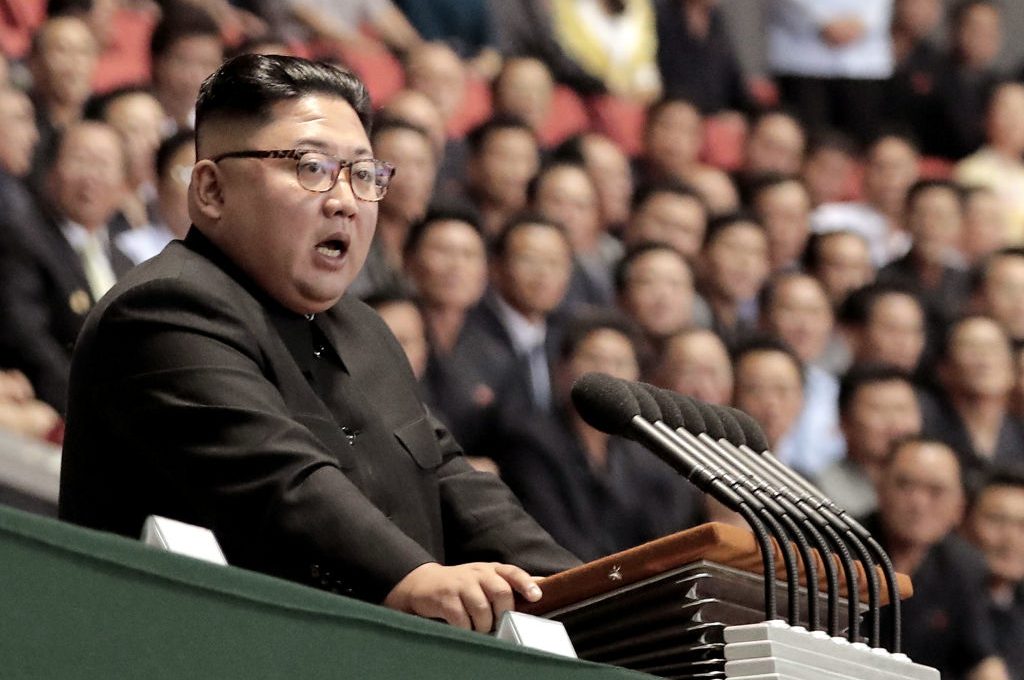






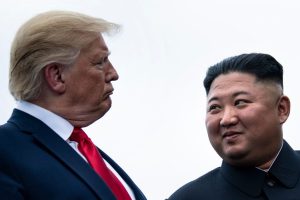

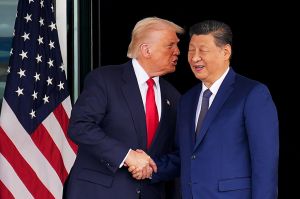

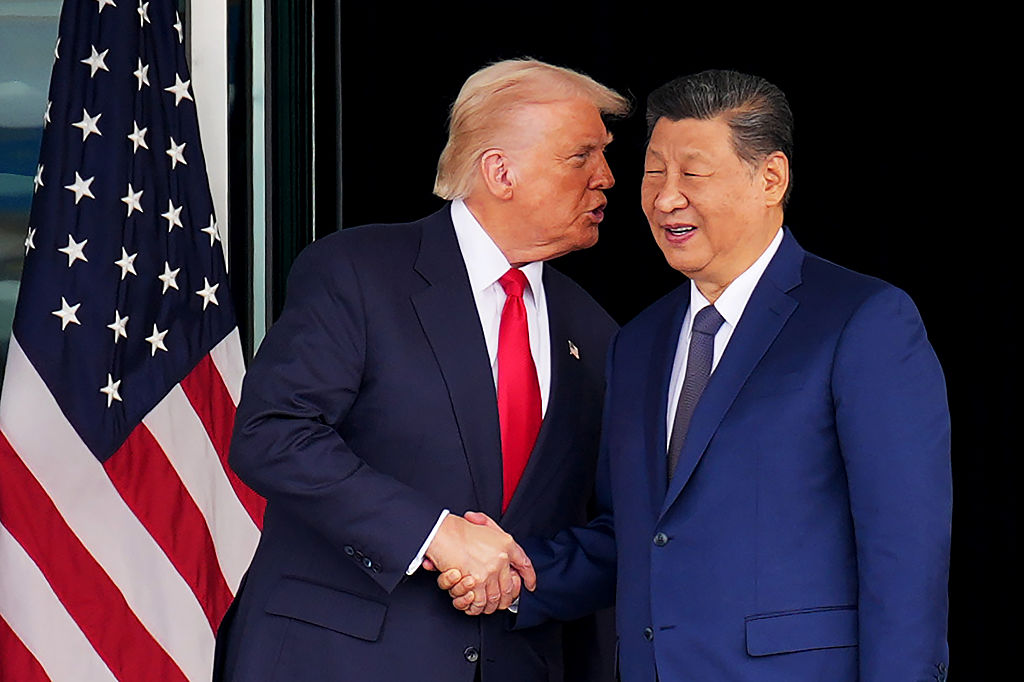
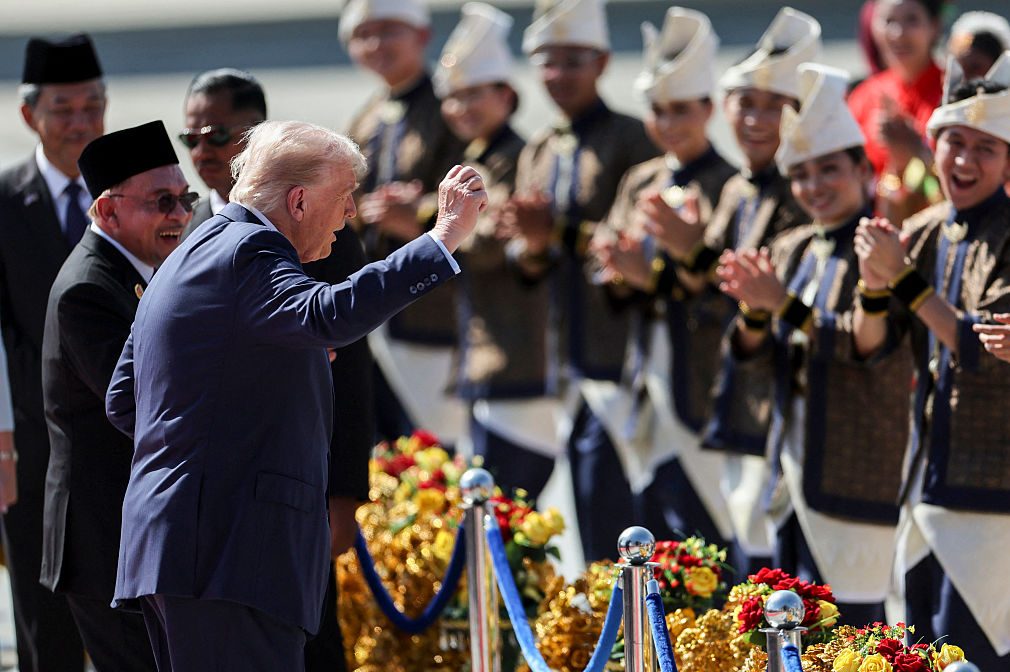
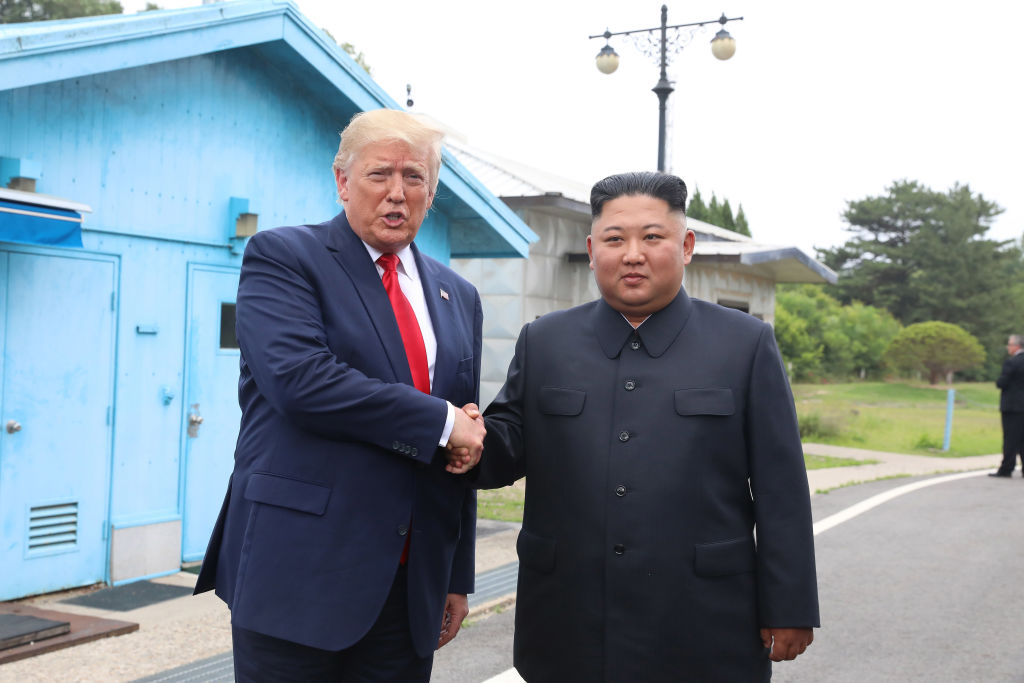
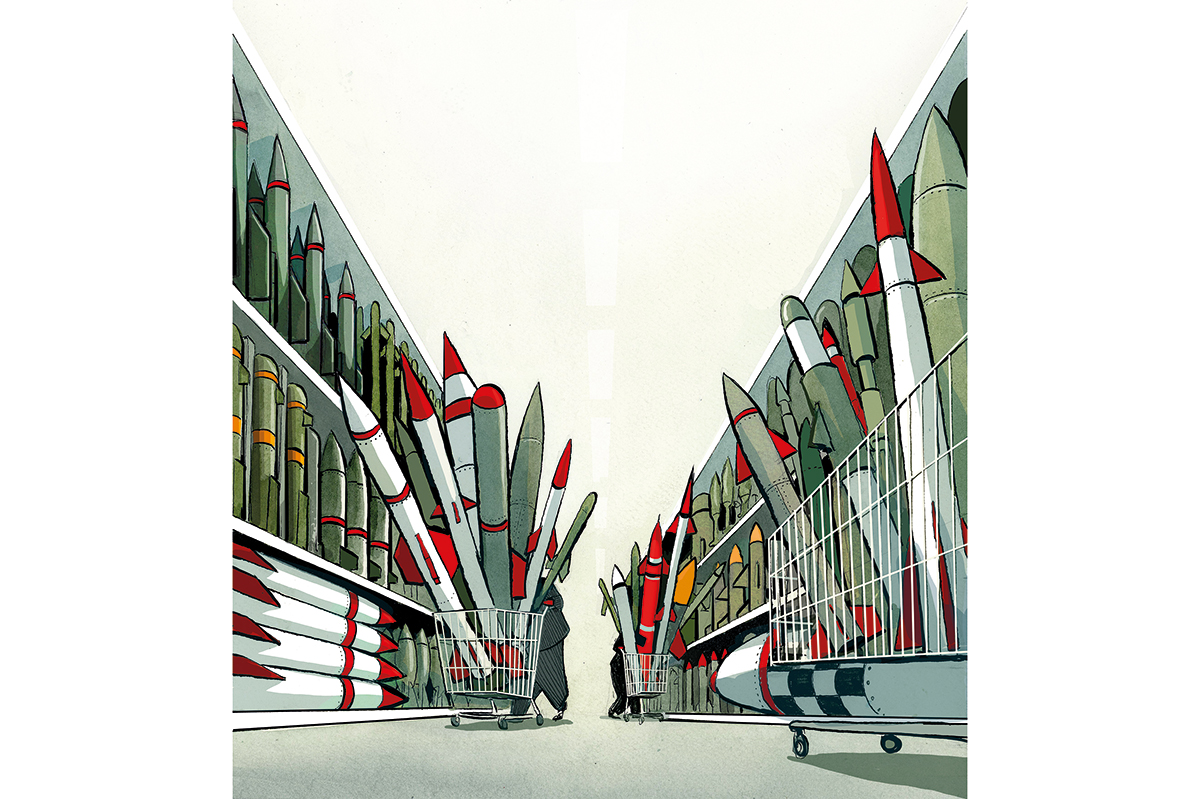
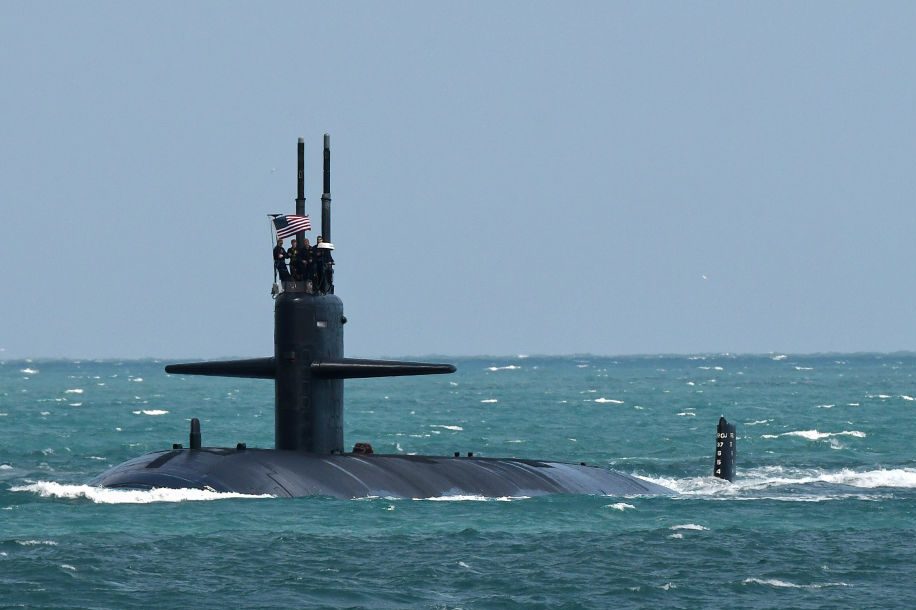







Leave a Reply